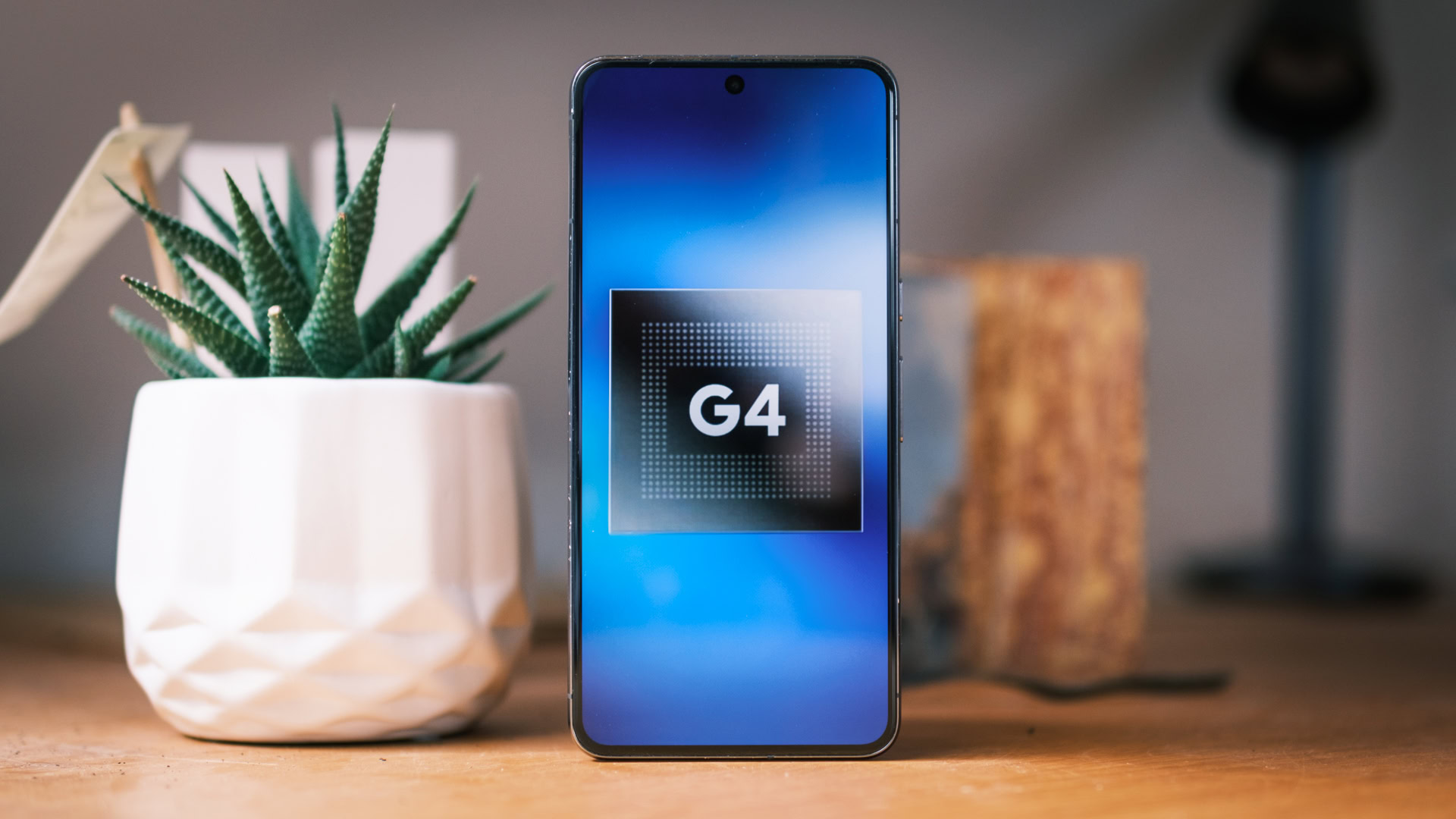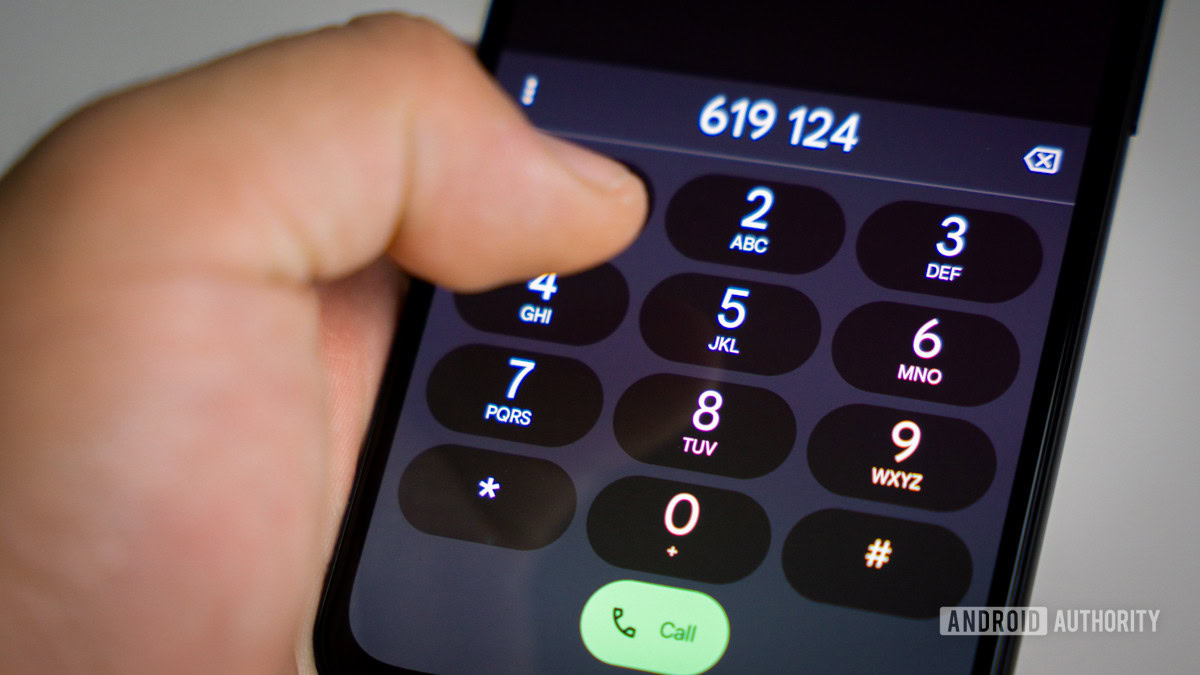
Robert Triggs / Android Authority
TL;DR
- A Google executive has claimed that the Pixel 9’s Tensor G4 chip isn’t designed for benchmarks and speed.
- Instead, the new smartphone processor is apparently designed for Google’s own use cases.
- This echoes previous comments from the company about the chip family’s performance.
Google’s Pixel phones have been powered by semi-custom Tensor processors since 2021, but these chips have never really been a major threat to rival flagship processors in most benchmarks. Now, a Google executive has reportedly claimed that the Tensor G4 in the Pixel 9 series isn’t designed for benchmarks.
“When we are designing the chip, we’re not designing it for speeds and feats. We’re not designing it to beat some specific benchmark that’s out there. We’re designing it to meet our use cases,” Google Pixel product manager Soniya Jobanputra told the Financial Express.
The executive also noted that improving app launch speeds were a priority with the new chip:
We knew that we had a pain point with opening apps. And so as we built G4, we really focused on, okay, what do we need to do to make sure that experience is better for users.
Google Tensor: A history of AI over benchmarks?
This isn’t a new stance from Google, though. Company representatives have long asserted that the Tensor chips weren’t designed with raw horsepower in mind. Google Silicon executive Monika Gupta noted back in 2022 that the company was “comfortable” not winning benchmarks because the Tensor chips were built for AI features.
Fellow Google Silicon executive Phil Carmack also told Ars Technica back in 2021 that they opted for two big CPU cores in the original Tensor chip as it was the best solution for efficiency. He claimed that one big CPU core — seen in rival chips of the era — was only useful for winning single-thread benchmarks. So there’s a clear history of Google dismissing benchmarks as a consideration, subsequently lagging behind rivals in this category.
However, Google’s claim that it prioritizes efficiency and AI use cases does deserve closer scrutiny. For one, owners of Tensor-powered Pixels have complained about battery life for years, although the Pixel 8 series seemed like a step in the right direction. Furthermore, we’ve seen phones with non-Tensor chips offering impressive AI features too, such as the Samsung Galaxy S24 series. So you clearly don’t need a Tensor-powered phone if you want nifty AI use cases.
There’s also evidence that the Tensor G4 in the Pixel 9 series was supposed to be a more ambitious chip. According to previous reports, Google initially wanted the Pixel 9 chip to be a fully custom design manufactured by TSMC instead of long-standing partner Samsung. However, these same reports suggest that Google missed a deadline for this ambitious chip and decided to go for a Tensor G4 chip that was an incremental upgrade over the Tensor G3. These claims seem to bear out as the Tensor G4 shares plenty in common with the Tensor G3 (i.e. GPU, media decode blocks, TPU), with the exception of the CPU and modem.

Google Pixel 9 Pro
All Pro, reasonable size
High-quality display
Seven years of software support

Google Pixel 9 Pro XL
The best specs in the Pixel 9 series
Gorgeous display
Seven years of software updates

Google Pixel 9 Pro Fold
Improved design
8-inch folding display
Seven years of software updates
Got a tip? Talk to us! Email our staff at [email protected]. You can stay anonymous or get credit for the info, it's your choice.








 English (US) ·
English (US) ·